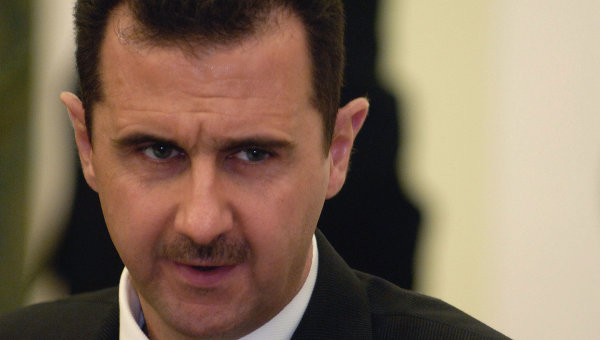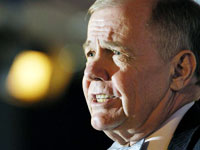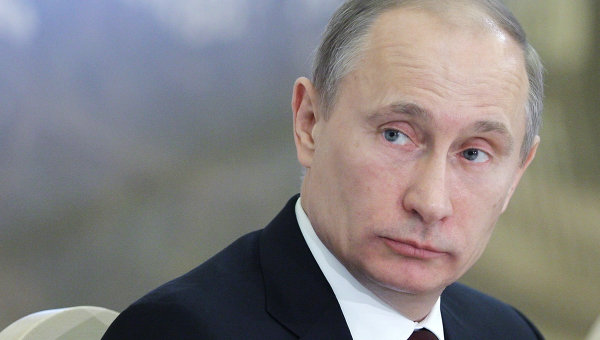
RIA Novosti & Voice of Russia
The Washington Post, for example, published on the subject an opinion piece by its veteran foreign policy columnist, David Ignatius. In this article, the author is comparing current American support for the Syrian rebels with the CIA operations in the 1980s’ Afghanistan, where the United States supported the Islamists fighting the Soviet army, that had entered the country in 1979. Ignatius reminds his readers that the "CIA-backed victory in that war opened the way for decades of chaos and jihadist extremism that are still menacing Afghanistan, its neighbors and even the United States.” One could not agree more.
Mr. Ignatius’s article comes amid a real choir of doubt, which sounds more and more audibly in several professional Western media outlets. The previously predominant black-and-white scheme pitting "the dictatorial regime against the vast democratic majority of Syrian people” is getting out of fashion. The French newspapers report widespread support for Assad in Aleppo and Damascus, where the short domination by the rebels of several quarters in these cities is seen as a nightmare; a British journalist Jonathan Steele (formerly The Guardian’s veteran Moscow correspondent) points to the fact that it was Russia who stood for political solution in Syria, while the US and the EU pushed for what in fact was a military solution.
Ignatius’s vision of developments coincides with Jonathan Steele’s vision in that it refuses to idealize the Sunni Islamists spearheading the rebellion in Syria. Ignatius is especially suspicious of the Saudi involvement in Syria’s civil war, seeing some disconcerting parallels with the situation in Afghanistan in 1980s and 1990s.
"There is even a colorful figure who links the two campaigns: Prince Bandar bin Sultan, who as Saudi ambassador to Washington in the 1980s worked to finance and support the CIA in Afghanistan and who now, as chief of Saudi intelligence, is encouraging operations in Syria,” Ignatius writes.
If any lesson can be learnt from the Afghan story, it is that the Islamist radicals do not feel in any way obliged to their Western supporters. Bin Laden did not feel any gratitude for Americans or the British, despite the fact that they armed and fed him during all of his anti-Soviet Afghan campaign. The Western public would be wise to heed the advice of Mr. Ignatius when he says "the US should be wary of supporting a Saudi strategy” in Syria and that the Western alliance "should be cautious about embracing the Sunni-vs.-Shiite dynamic of the Syrian war.”
There are some signs indicating that this understanding is slowly trickling down even into such a bastion of ideological support for the Syrian rebels as the French foreign ministry. Le Figaro daily yesterday quoted a "high-placed” French diplomat as saying the new French foreign minister, Laurent Fabius, was determined not to repeat the mistake of his predecessor, former foreign minister Alain Juppe. "We absolutely have to talk to Russians, without demonizing them for their support of Assad,” Le Figaro quotes the French diplomat as saying. Juppe, who headed the French diplomacy under the former president Nicolas Sarkozy, was reported as saying Moscow’s purported support for the Syrian government "put a moral stain” on Russia. Lavrov was reported by Le Figaro to refuse to talk to Juppe on the phone after that.








